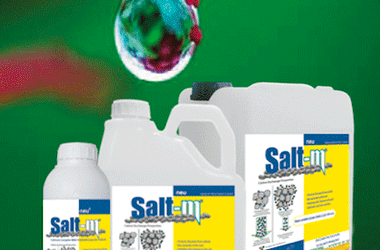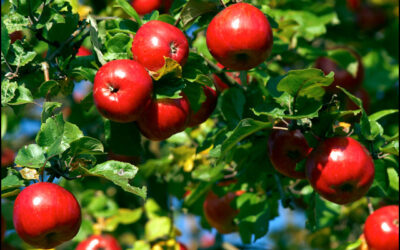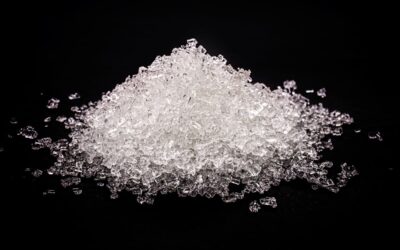Organic Farming
Organic farming is a method in which farmers cannot use anything other than organic materials such as fertilization and crop protection. Only animal manure or special organic fertilizers are used in fertilization applications. This farming method is a method that requires a lot of effort and yields much lower yields compared to traditional farming. However, organic agricultural products are always sold higher than conventional agricultural products.
The aims of organic farming are:
- Production of safe and healthy food, free from pesticide residues.
- Protecting the soil, water, and biodiversity.
- Sustainable energy and natural resources such as water, soil, organic matter.
- Maintaining and improving soil fertility and biological activity.
- Protecting farmers from harmful chemicals.
- To ensure animal health and welfare.
Fertilizing Techniques in Organic Agriculture
Many chemical fertilizers are not allowed to be used in organic farming. The only permitted types of fertilizers are those approved for use in organic agriculture. However, soil fertility is vital to the growth of plants. Nitrogen, phosphorus, and potassium are essential elements that are important in the plant’s development stages. Some of the most suitable organic fertilizers are as follows.
Green Manure
Green manure application begins with planting annual or perennial plants in the field. This method improves soil fertility and soil structure. It also increases the water absorption power of the soil and the moisture rate of the soil. This method is also applied in weed control. Green manure is also used to produce grains such as oats and barley. Because these plants absorb a significant amount of nutrients. If the producers decide to apply this technique, they must use reproductive seed that does not belong to Genetically Modified Organisms.
Compost
Composting is a natural process in which certain microorganisms, such as bacteria, convert organic matter into humus. Compost consists of a mixture of organic matter and nutrients. It is a natural fertilization method that gives excellent soil strengthening results. However, you should consult your agronomist before applying.
Animal Manure
Another fertilization technique applied in organic agriculture is the use of animal fertilization. Animal manure produced in organic farming farms is widely used. Well-burned animal manure is applied by sprinkling around the plants. In addition, some farmers cover the soil surface with dead plant material to increase soil fertility and also as weed control. This method is known as mulching.
Soilless farming is not usually compliant with organic farming standards. Hydroponic farming is a farming method that producers do not use soil to grow plants. Therefore, the roots of the plants are in the special nutrient solution and this is how the plants develop. According to the laws of most countries, organic agricultural products must be grown in the soil. However, in the United States, some hydroponic crops have recently been approved as organic farming products.
Conclusion: Organic Farming Vs. Conventional Farming
Choosing between organic or conventional farming depends on environmental and economic factors. Some farmers prefer organic farming because it has the philosophy of producing natural products. Undoubtedly, before switching to organic agriculture, most producers make this choice by calculating the income and expense of the products. It should also be taken into account that some organic agricultural products cannot be competitive enough in the market due to the high production cost. For this reason, many farmers choose to switch to organic agriculture, aiming to produce quality products. Thus, they produce few but high-quality products and sell them at a high price. While some manufacturers succeed in this, some cannot. In any case, being successful in organic farming requires extensive research, specific practice, training, assistance, and experience.



